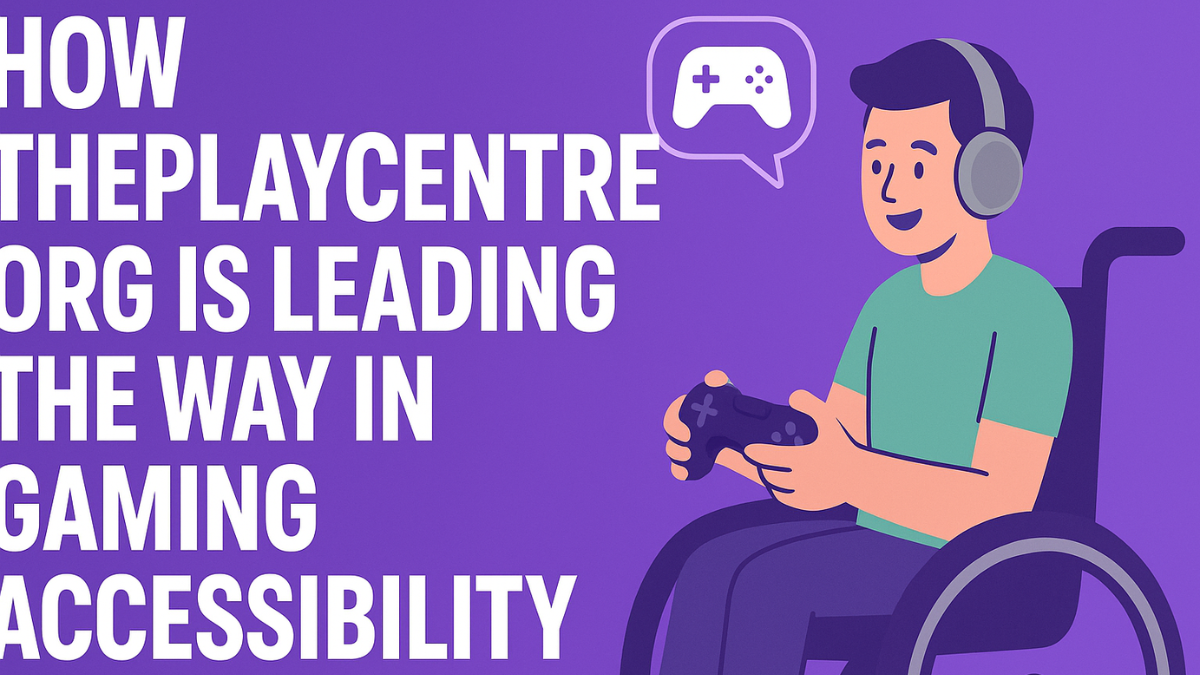Simple Wellness Practices for Stress Relief
Stress has quietly become part of everyday life. Whether it’s meeting deadlines at work, balancing personal responsibilities, or dealing with unexpected challenges, almost everyone feels overwhelmed at times. While a little stress can motivate us, too much of it can harm both our physical and mental health. It can lead to anxiety, poor sleep, weakened immunity, and even long-term health issues.
The good news is that stress can be managed in natural and simple ways. Wellness doesn’t have to mean luxury spa treatments or expensive therapies. In fact, simple wellness practices for stress relief can be built into your daily routine. These practices don’t require a lot of time or money but can make a huge difference in how you feel and function every day.
Let’s explore some easy yet powerful habits to reduce stress and improve overall well-being.
1. Start With Deep Breathing
One of the fastest ways to calm stress is through mindful breathing. When we’re anxious, our breathing becomes shallow, signaling the body to stay in “fight or flight” mode. Deep breathing reverses that response and brings relaxation.
How to do it:
Sit comfortably and close your eyes.
Inhale slowly through your nose for 4 seconds.
Hold your breath for 4 seconds.
Exhale slowly through your mouth for 6–7 seconds.
Repeat for 5 minutes.
This simple practice lowers blood pressure, clears the mind, and reduces immediate stress.
2. Practice Mindfulness Meditation
Mindfulness is about living in the present moment instead of worrying about the past or future. It’s one of the most effective wellness practices for stress relief.
You don’t need a quiet room for hours—just a few minutes of mindful awareness helps. Sit still, focus on your breathing, and notice your thoughts without judgment. If your mind wanders, gently bring it back to your breath.
Even 10 minutes a day can improve mental clarity and reduce stress levels naturally.
3. Move Your Body Daily
Exercise isn’t just about fitness—it’s also a natural stress reliever. Physical activity increases endorphins, which are known as “happy hormones.” It also improves sleep and boosts confidence.
Simple ways to add movement:
Go for a brisk walk during lunch breaks.
Try yoga or stretching in the morning.
Dance to your favorite songs at home.
Do 15–20 minutes of home workouts.
The goal isn’t intensity—it’s consistency. A little movement daily keeps stress from building up.
4. Create a Relaxing Evening Routine
Modern life keeps us busy all day, and many people carry stress into bedtime. A calming evening routine signals the body to relax and prepare for rest.
Ideas for a soothing routine:
Drink herbal tea like chamomile or peppermint.
Write in a gratitude journal.
Do light stretching or meditation.
Read a calming book instead of scrolling on your phone.
This simple habit reduces stress and improves sleep quality.
5. Spend Time in Nature
Nature has a natural healing effect on the mind. Being outdoors lowers cortisol (the stress hormone) and boosts mood.
You don’t need to go hiking in the mountains—just small steps work:
Take a morning walk in a park.
Sit under a tree during breaks.
Open windows for fresh air and sunlight.
Keep indoor plants to bring nature inside.
Even 15 minutes outside daily can refresh your mood and reduce stress naturally.
6. Practice Gratitude
Stress often comes from focusing on what’s wrong or what we lack. Gratitude shifts the mind toward positivity and helps manage stress better.
How to practice gratitude:
Write down 3 things you’re thankful for every day.
Share appreciation with a friend or family member.
Pause and notice small joys, like a warm meal or good weather.
This simple practice reduces negative thinking and builds emotional resilience.
7. Stay Connected With Loved Ones
Isolation increases stress, while connection reduces it. Talking to someone who listens can lighten your emotional load.
Call a friend or family member.
Share meals with loved ones.
Join community groups or social activities.
Human connection is a natural stress reliever, reminding us we’re not alone in our struggles.
8. Practice Digital Detox
Constant notifications, emails, and social media updates can overwhelm the brain. Taking breaks from technology helps reduce stress.
Ways to do it:
Turn off non-essential notifications.
Set a no-phone rule during meals or before bedtime.
Take one “screen-free hour” each evening.
This simple step creates space for relaxation and mindful living.
9. Eat Stress-Reducing Foods
Food affects mood more than we realize. Some foods increase energy and calmness, while others add to stress.
Good options for stress relief:
Dark chocolate (in moderation).
Nuts and seeds (rich in magnesium).
Fresh fruits and vegetables.
Herbal teas.
Avoid too much caffeine, sugar, or processed snacks, as they can increase anxiety.
10. Try Journaling for Mental Clarity
Writing your thoughts down can help release stress. Journaling allows you to express emotions and organize your mind.
Simple journaling ideas:
Write about your feelings without holding back.
Note down your achievements of the day.
Make a stress list and then write possible solutions.
Journaling daily creates mental space and reduces inner tension.
11. Practice Self-Care Without Guilt
Many people think self-care is selfish, but it’s necessary for stress management. Taking time for yourself helps you recharge and show up better for others.
Self-care can be simple:
Take a warm bath.
Listen to calming music.
Spend time on hobbies like painting, reading, or cooking.
Even 15–20 minutes a day of self-care can significantly lower stress.
12. Learn to Say No
Sometimes stress comes from overcommitting. Saying “yes” to everything can leave you exhausted. Learn to protect your time and energy.
If something doesn’t align with your priorities, it’s okay to politely decline. Saying “no” is a powerful wellness practice that reduces unnecessary stress.
13. Practice Progressive Muscle Relaxation
This technique helps release physical tension that builds up due to stress.
How to do it:
Sit or lie down comfortably.
Tighten each muscle group for 5–10 seconds (start with your toes and move up).
Slowly release and notice the relaxation.
This simple exercise reduces stress and improves body awareness.
14. Laugh More
Laughter is a natural stress reliever. It reduces tension, boosts mood, and improves immune function.
Watch a funny movie or show.
Share jokes with friends.
Laugh at yourself in silly situations.
A few minutes of laughter each day keeps stress away naturally.
15. Focus on Small Wins
Instead of stressing over big goals, celebrate small steps. Finishing a task, eating healthy for one meal, or taking a short walk are all wins. Appreciating progress reduces stress and builds confidence.
Final Thoughts
Stress may be a part of modern life, but it doesn’t have to control you. By adding simple wellness practices for stress relief—like deep breathing, gratitude, exercise, mindful eating, and connecting with others—you can manage stress naturally. Remember, it’s not about doing everything at once but practicing consistency. Small, simple steps lead to a calmer, healthier, and happier life.
FAQs on Simple Wellness Practices for Stress Relief
1. Can stress really be reduced with simple daily habits?
Yes, even small changes like breathing exercises, short walks, or journaling can reduce stress if practiced regularly.
2. How much time do I need to practice stress relief daily?
Just 10–20 minutes of focused wellness practices daily can make a noticeable difference.
3. Do I need special equipment for stress relief practices?
No. Most practices like breathing, meditation, journaling, or walking require no equipment at all.
4. Can diet really help with stress management?
Yes. Natural foods like nuts, fruits, and herbal teas help calm the body, while too much caffeine or sugar can increase stress.
5. What’s the easiest stress relief practice to start with?
Deep breathing is the easiest—you can do it anywhere, anytime, and it instantly calms the mind.
news via inbox
Mail us for latest news and updates







